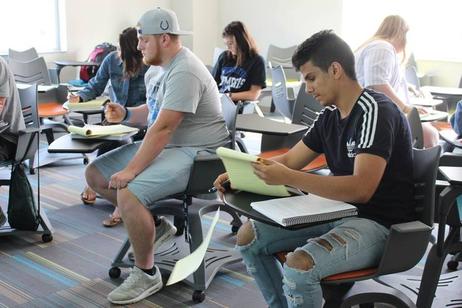The educational landscape is ever-changing, offering more opportunities than ever for high school students to get a head start on their future. One such opportunity is dual enrollment, a program allowing students to earn college credit while navigating their high school hallways. This comprehensive guide aims to shed light on dual enrollment, making it easier for parents and students to make informed decisions.
A Brief History
Dual enrollment made its debut in the United States in the 1950s. Initially, the program was designed to serve gifted and talented students by providing them with more academically challenging courses. However, over the years, dual enrollment has broadened its scope. Today, it serves diverse students, allowing them to experience college-level coursework and prepare for higher education.
How Widespread Is It?
According to the National Center for Education Statistics, approximately 15% of high school students participate in dual enrollment programs. Some states like Florida, California, and Michigan lead the pack with robust dual enrollment systems. However, the availability of these programs can vary significantly between school districts and even individual schools.
This video explains dual enrollment.
Eligibility and Admission
Students must meet specific academic prerequisites to participate in a dual enrollment program, such as a minimum GPA. In addition, some programs require teacher recommendations or standardized test scores. After completing the eligibility requirements, students typically go through an application process
















